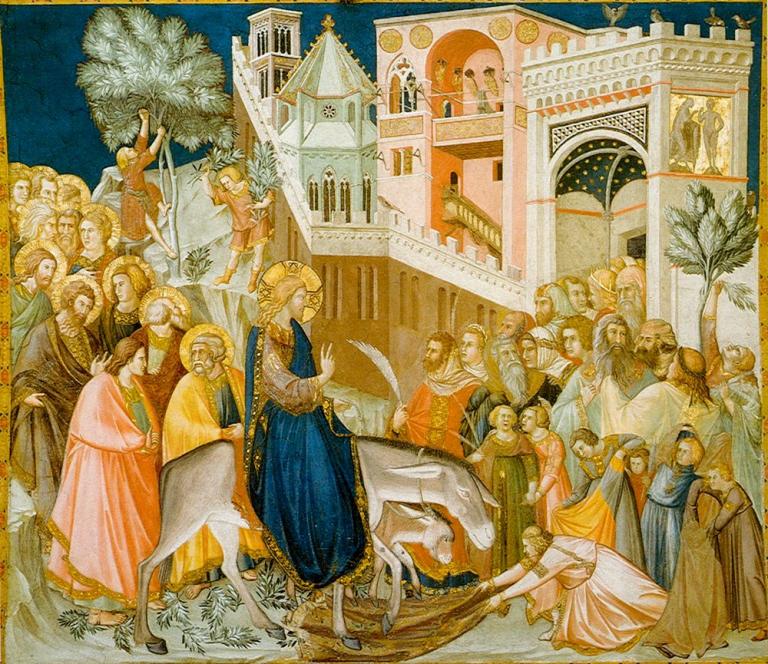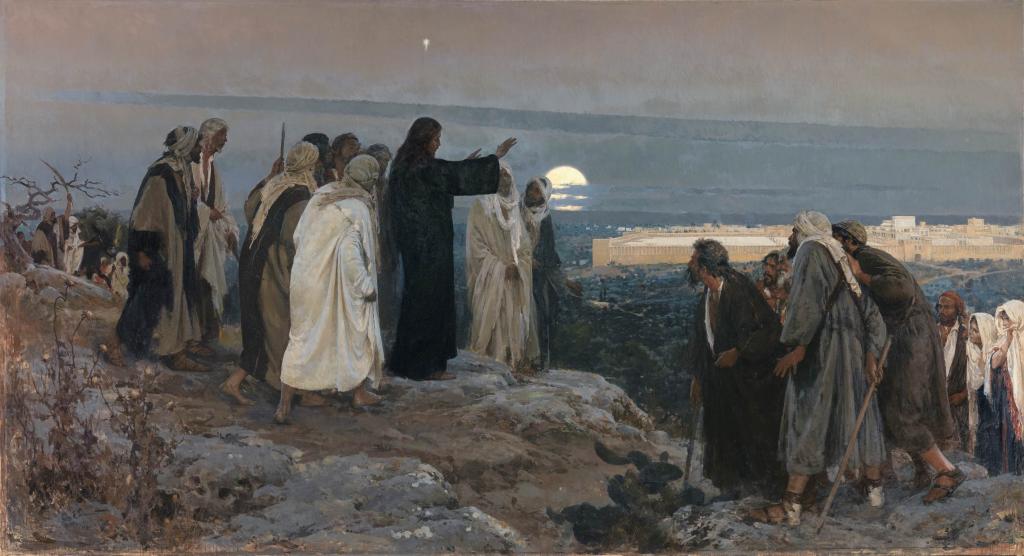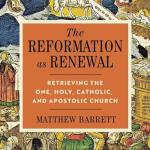Back in my student days, I read a book that did a lot to shape my thinking about things religious. One of its many provocative ideas concerns this very time of year, as we approach Palm Sunday and Holy Week. The whole story raises the question of how a popular novel can offer really sharp insights about what we might think to be technical scholarly debates. It might also affect the way you read the word “mountain” whenever you run against it in the New Testament.
Robert Graves and King Jesus
I have read a great deal by Robert Graves, who is most famous in the US for his I, Claudius. That is a bit unfair, as he wrote some other wonderful novels, and some good poetry. I really like his novel Wife to Mr. Milton, about the unfortunate woman cursed by her marriage to the author of Paradise Lost. But the specific book I am referring to here is Graves’s 1946 novel King Jesus, which among other things shows the immense amount that educated people already knew at that early date about alternative gospels and apocryphal texts, even before sensational modern discoveries like the Nag Hammadi Library and the Dead Sea Scrolls. Graves also had a quirky and rather brilliant interpretation of the events leading up to Jesus’s death. Briefly, he found the key to the mystery in so-called Deutero-Zechariah (Zech. chapters 9-14), which was probably written around 200 BC.
The story, which to us reads very cryptically, tells of a holy man who deliberately adopts the role of a false prophet, a wicked shepherd, who serves as a kind of provocateur. Ultimately, his misdeeds lead to his violent death. That in turn forces the people to realize their sinful state, and this initiates an apocalypse, in which Jerusalem is at the heart of a cosmic war against invading nations. (I describe the background of the story at length in my 2017 Crucible of Faith).
The Passion Play in Second Zechariah
Most surprising for modern readers are what look like numerous Christian references, or foretastes. Within a very short space, we find perhaps a half-dozen lines that would be quoted or referenced in the gospel accounts of Jesus’s final days. One verse describes a messianic king entering the city mounted on an ass:
Rejoice greatly, O daughter of Zion; shout, O daughter of Jerusalem: behold, thy King cometh unto thee: he is just, and having salvation; lowly, and riding upon an ass, and upon a colt the foal of an ass. (Zechariah 9.9)
Another speaks of selling a person for thirty pieces of silver. Still other phrases are quoted or included in the Christian Passion narrative, namely, “They will look on one they have pierced” and “Strike the shepherd, and the sheep shall be scattered.” Zechariah’s closing verse imagines a Temple in which there are no traders, suggesting Jesus’s expulsion of the money changers. That is a potent list. Taken together, Deutero-Zechariah looks like a Passion Play in miniature.
So why the concentration of (apparent) Jesus-related verses? You could argue that these are all inspired prophecies of events yet to come. But Graves had a different take. He argues that Jesus was consciously and deliberately following the script laid out in Deutero-Zechariah, in order to provoke the final Judgment and the End Times. Clearly, that was not a wholly new idea at the time, and Albert Schweitzer had argued something like this. But Graves’s stress on Zechariah is notable, and he develops it at length.
Jesus as Scapegoat
So how does Graves make sense of Deutero-Zechariah? Somewhere in the Seleucid Era, he says, a devout Jew was appalled by the abuses and syncretism he saw around him. In his vision, he becomes a prophet, assuming the garb of a shepherd, with his two staffs, Grace and Concord. Meeting rejection, he breaks his staffs, and sells himself into the service of the Temple (the thirty pieces). He intentionally commits many misdeeds, becoming the Unworthy Shepherd, and ultimately so infuriates the people that his own parents kill him by piercing. That act proves decisive. The people are summoned back to righteousness, and they look with horror on the one they have pierced. That brings the final Judgment.
In the novel, Judas realizes that Jesus has taken on himself the role of the Unworthy Shepherd, to become a scapegoat for Israel:
“Jesus intends to fulfill it!” Judas cried to himself. “He is now impersonating the Unworthy Shepherd, the false prophet who neglected his pastoral duties to go out in the name of Jehovah to mislead his people in the very Courts of the Temple.”
As Jesus’s own parents are not available to kill him, as in the prophetic script, the act must be done by his most faithful follower, Judas himself. It is Judas whom Jesus at the Last Supper sends out to buy a sword for the purpose. Judas struggles to resist his apparent destiny.
Why the Mount of Olives?
Well, believe it or believe it not, as you choose. But there is one very striking theme at work here, and that concerns the Mount of Olives. According to Zechariah, when God intervenes in history, he does so at a particular place:
Then the LORD will go out and fight against those nations, as he fights on a day of battle. On that day his feet will stand on the Mount of Olives, east of Jerusalem, and the Mount of Olives will be split in two from east to west, forming a great valley, with half of the mountain moving north and half moving south. (Zech 14.4)
In light of that, go back to the gospels, and look at all the references to that place, the Mount of Olives. The place often appears as one of the favored dwelling places for Jesus and his followers. Jesus taught in the Temple by day, and at night the apostles lived on the Mount of Olives (Luke 21.37).
That preference is especially striking in his last days, and the location often has an eschatological subtext. “And as he sat upon the Mount of Olives, the disciples came unto him privately, saying, Tell us, when shall these things be? and what shall be the sign of thy coming, and of the end of the world?” (Matt.24.3). Hmm, why are they asking that in this exact spot?
Or to take another example, Jesus tells his followers that if they have faith, “if ye shall say unto this mountain, Be thou removed, and be thou cast into the sea; it shall be done” (Matt.21.21). So is he referring to any mountain in general, of which the one we happen to be standing on represents a random example, or is he making a specific reference to the Mount of Olives, and the coming of the Last Days? Is it a mountain, or is it This Mountain Right Here?
Then look at the scene at the end of the Last Supper. Jesus says the Eucharistic words, and then “Verily I say unto you, I will drink no more of the fruit of the vine, until that day that I drink it new in the kingdom of God. And when they had sung an hymn, they went out into the Mount of Olives” (Mark 14.26).
I quote Charlene McAfee Moss: “Each of these accounts where Jesus is present on the Mount of Olives incorporates allusions to, or echoes of, Zechariah” (Moss, The Zechariah Tradition and the Gospel of Matthew (Walter de Gruyter, 2008), p.207).
Reading Graves again, I do occasionally wonder. Are they going to the Mount of Olives because that is where they are residing, however temporarily, or because they expect that this very night, Jesus will fulfill his earthly role as the Unworthy Shepherd, and the world as we know it will cease to exist by morning? They go to a Mount of Olives that will shortly split in twain, because it is where God will appear, with his legions of angels.
And then I think, no, it’s just a novel. But I do wonder.
I am adapting a column that first appeared in this blog several years ago.















